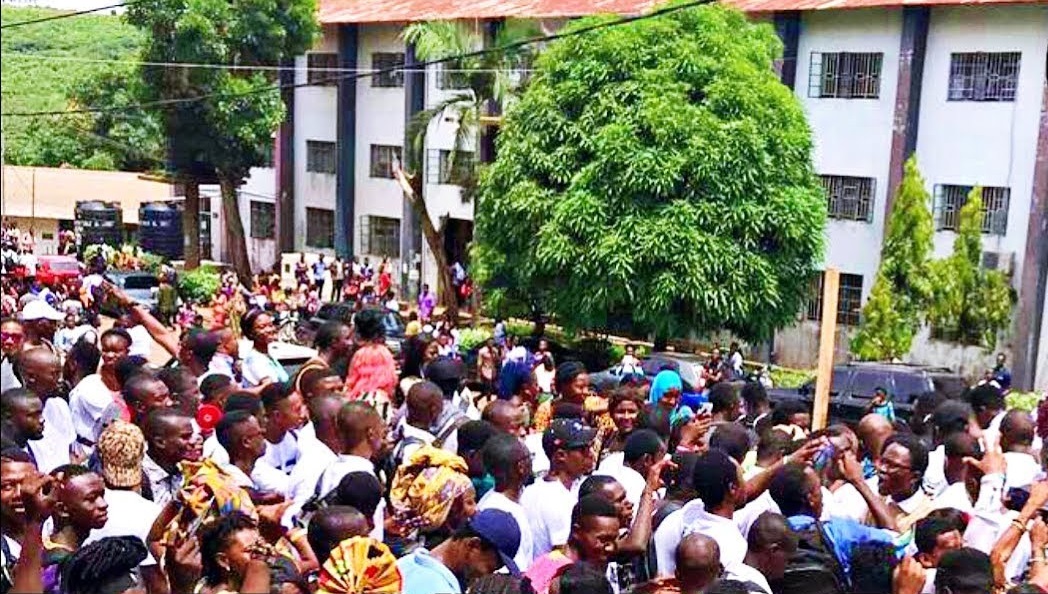In a transformative initiative to enhance higher education and foster collaboration across Africa, students and academic staff from Sierra Leonean universities will benefit from the European Union’s education, training, and youth program for 2021-2027.
The scheme, designed to promote academic cooperation across the continent, aims to build skills, foster innovation, and strengthen institutional capacity through networking, mobility, and research.
The program provides financial support to African higher education institutions for organizing and implementing staff and student exchanges. It also aims to bridge gaps in capacity development, empowering beneficiaries to contribute to their home countries.
Speaking at the launch, Minister of Technical and Higher Education, Dr. Ramatulai Wurie, expressed gratitude to the EU for prioritizing human capital development in Sierra Leone.
She emphasized the scheme’s potential to transform the academic landscape by fostering leadership, innovation, and inclusion. Dr. Wurie encouraged students, particularly women and individuals with disabilities, to seize the opportunity to pursue studies in Fields traditionally dominated by men.
“This program bridges intra- African mobility gaps, and through research and capacity building, Sierra Leone can achieve significant strides in education and development,” she noted.
National focal person, Sia Fasuluku, highlighted the importance of technical education as a key driver for national progress. She commended Erasmust for its commitment to building Sierra Leone’s educational capacity and urged beneficiaries to give back to society.
“We want Sierra Leone to stand out among nations leveraging these opportunities. Let’s make education accessible and impactful,” Fasulukustated.
EU representative Elisa Tessell shared her experience as Former Erasmus scholar describing the program as one of the Commission’s most successful initiatives since it aunch in 1980. She encourage applicants to meet criteria and deadlines promptly, ensuring smoother visa processes.
Dr. Samba Moriba, representing the Conference of Vice Chancellors and Principals, underscored the project’s importance for higher education in Sierra Leone, emphasizing the need for consistent capacity building.
Victor A. Sesny from the Cybersecurity Unit highlighted the program’s relevance to emerging challenges like cyber threats. “Sierra Leone risks vulnerability in critical sectors without sufficient cybersecurity expertise. Education in such fields is vital for national security,” he stated.
The Tertiary Education Commission pledged support for the program, noting its potential to address gaps in lecturer training and institutional capacity. The initiative aligns with the government’s broader goals for human capital development and national resilience.
This scholarship scheme presents a golden opportunity for Sierra Leonean students and staff to gain new perspectives, contribute to academic excellence, and prepare for leadership roles in a rapidly evolving world.












Just a propaganda to disturb your focus or diverting your attention from Russia or China’s programs. They are a many Sierra Leoneans living in EU countries, but they are blocked to further their education even to be trained as bus drivers the Belgium government refused to give a lot of them such a chance. So how possible can they give chance to those in Africa while they Africa people under their noses here in Europe? No guarantees 🤔💯%